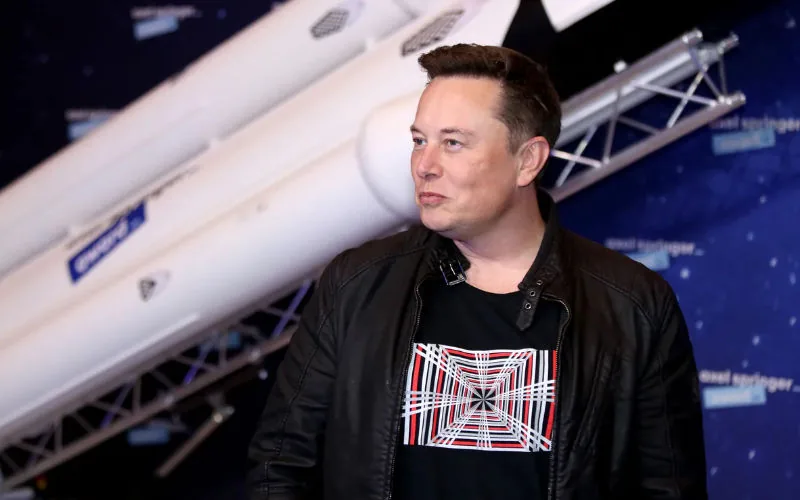Starlink llega al Sáhara marroquí : La revolución de Internet satelital de Musk transforma el sur

The satellite Internet service provider, Starlink, owned by tech magnate Elon Musk, the world’s richest man, owner of the Tesla giant and incidentally close to US President Donald Trump who appointed him to head the new US Department of Government Efficiency, will soon be established in Morocco.
The connectivity of the southern regions of the kingdom is about to improve. Negotiations are underway for the deployment of the Starlink network in the Moroccan Sahara. After an initial contact between its owner Elon Musk and the Moroccan authorities in the summer of 2024, in-depth discussions took place, particularly on the occasion of the Qatar-Africa Business Forum held in Marrakech in November 2024, with Lauren Dreyer, Vice President of Starlink, according to Africa Intelligence. Starlink’s Middle East and North Africa hub then continued the discussions.
The deployment of Starlink in the Moroccan Sahara will first and foremost require the obtaining of several authorizations : the approval of the National Telecommunications Regulatory Agency (ANRT), led by Mohammed Hassi-Rahou, which is responsible for the technical aspects of the file, and then that of the Directorate General of Information Systems Security (DGSSI), under the direction of General El Mostafa Rabii, who will assess the security implications of the project.
However, national operators are concerned about a possible establishment of Starlink in the region. These traditional players in the telecommunications market are panicking at the idea of facing competition from a provider offering direct and potentially more affordable access to the Internet. But this technological development could be beneficial for the region, both in civilian and military terms. It will offer advanced connectivity solutions to the inhabitants and institutions of the region, which could not only reduce the digital divide, but also strengthen the telecommunications infrastructure, with possible applications in the fields of security, education and economic development.
Más información
-

Escándalo veraniego : Casablanca se rebela contra precios abusivos en restaurantes costeros
9 juillet 2025
-

Incendios en Francia paralizan vuelos : Royal Air Maroc cancela ruta a Marsella
9 juillet 2025
-

Air Algérie se queda atrás : Royal Air Maroc triplica su flota y domina los cielos africanos
7 juillet 2025
-

Ryanair amplía el equipaje de mano gratuito : ¿generosidad o cumplimiento forzado de normas europeas ?
7 juillet 2025
-

Tánger-Tetuán-Al Hoceima revoluciona su oferta turística : playas renovadas y experiencias culturales para atraer al turismo nacional
7 juillet 2025